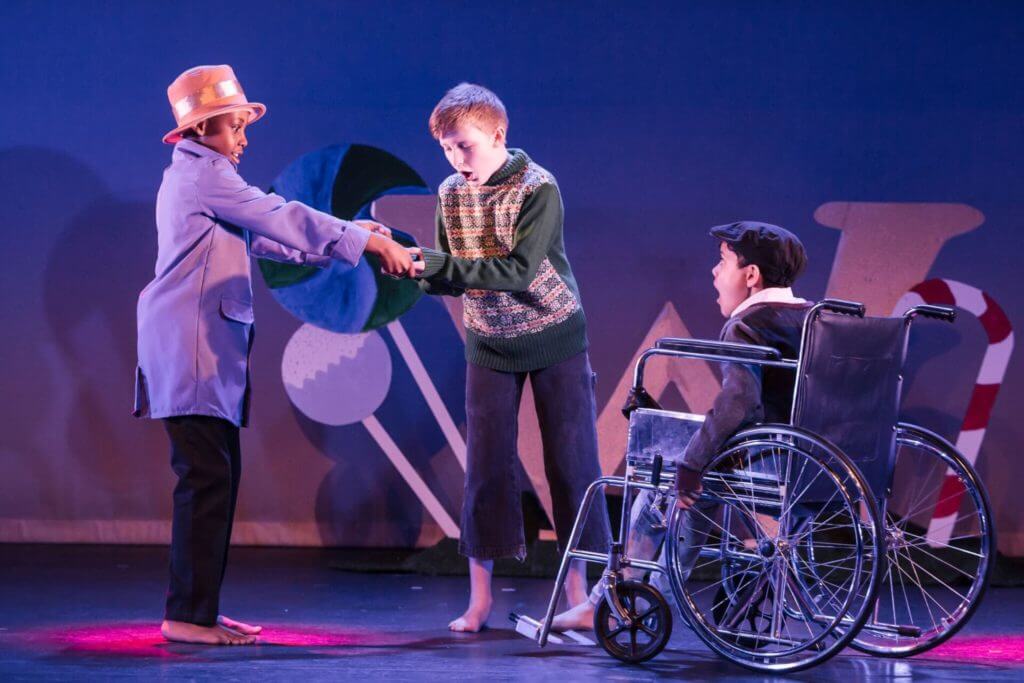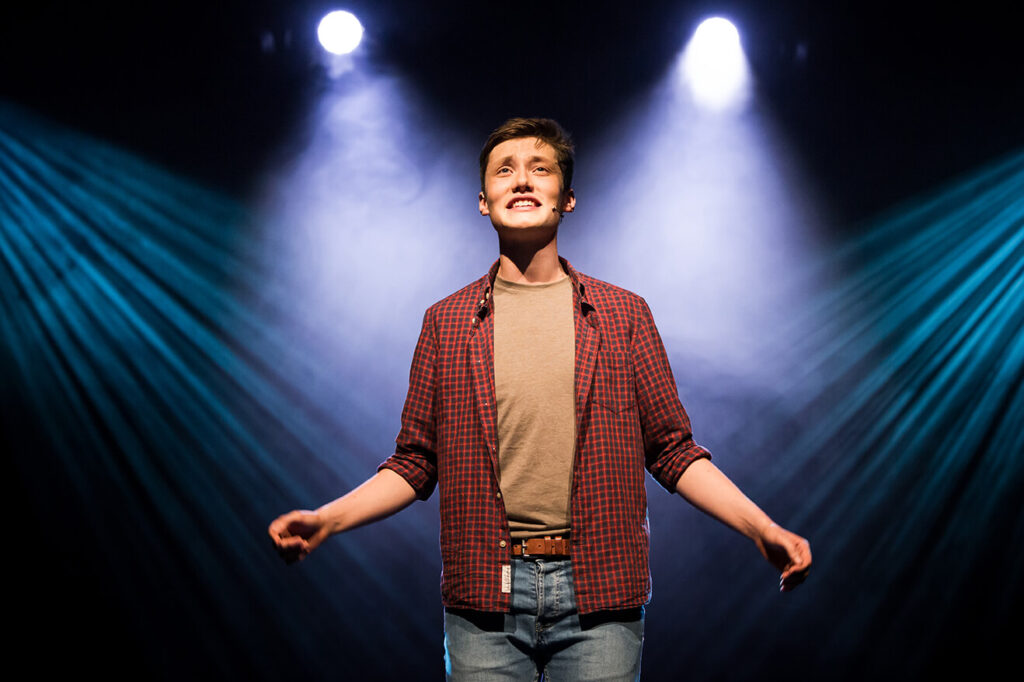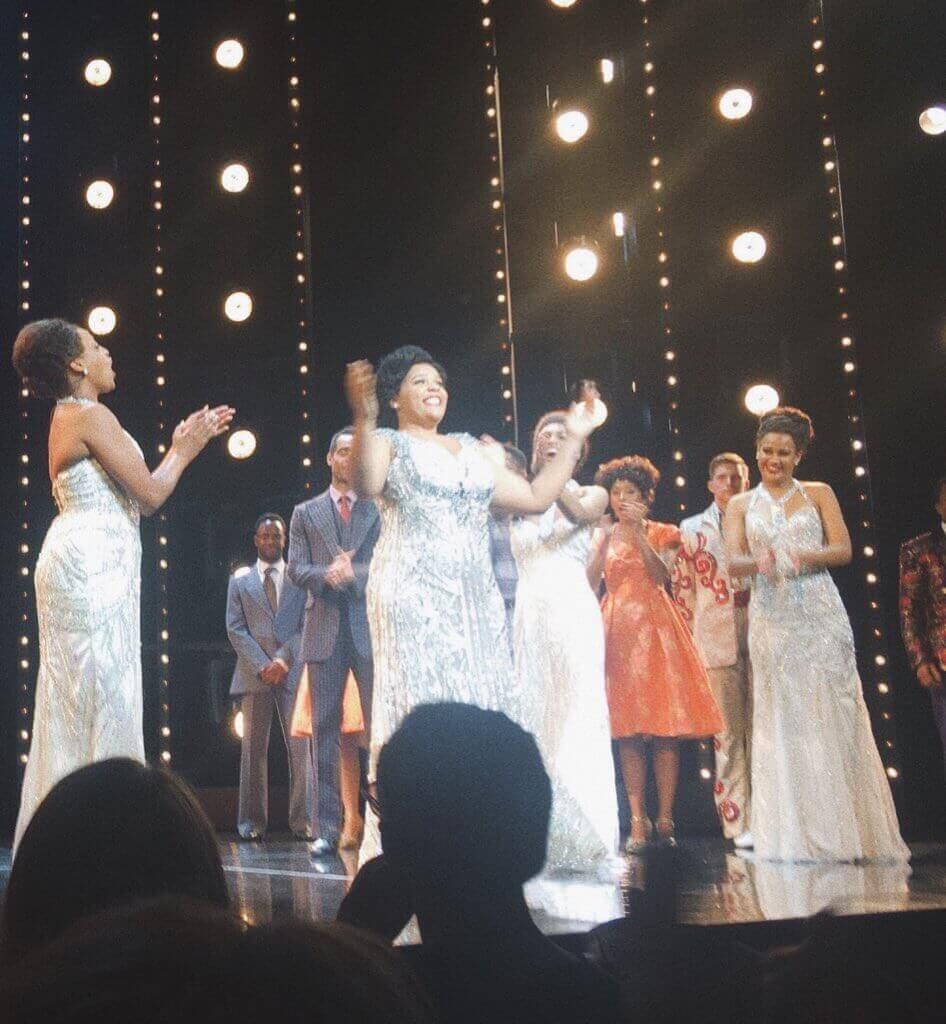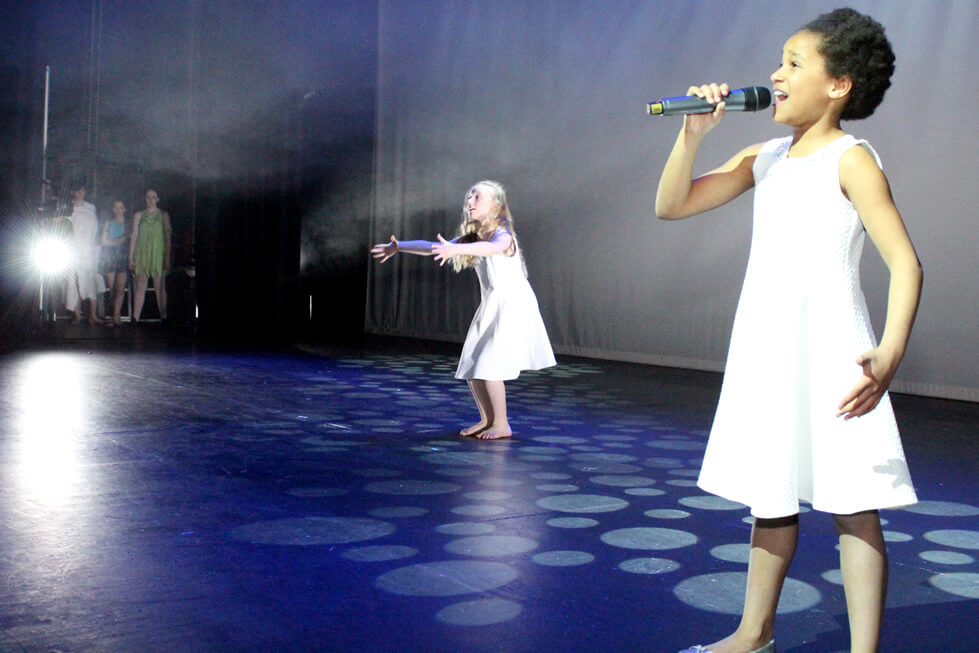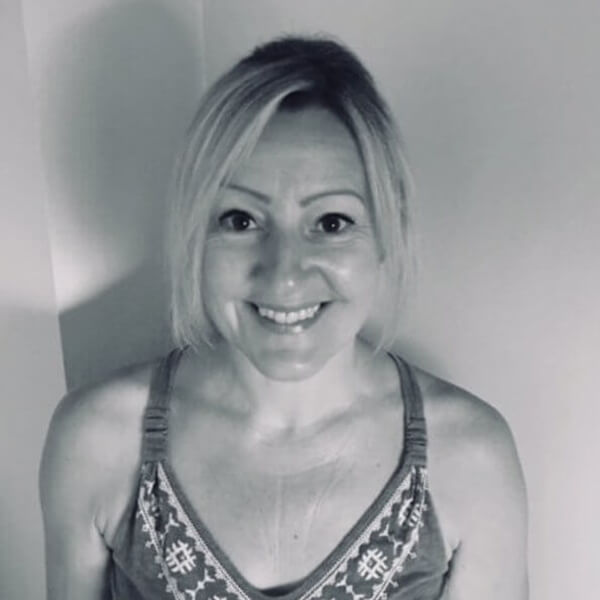At Arts1 we have a culture of fantastic singing, we teach people from scratch how to pitch, sing in harmony and make the most incredible sounds. Don't be frightened of singing, come and learn how to do it! Here are a few words from friend of the school Liz Hetherington recently Head of Voice and Singing at Bird College - one of the UK's leading dance training institutions.
A few years ago we were doing a production of ‘Hello Dolly’ at Bird College. When you looked in the front of the score it was like visiting another world. It called for a cast of – besides the principal parts – it called for 8 male dancers 8 female dancers but then it asked for 8 male singers and 8 female singers. Those were the days hey? You could be a dancer or a singer or an actor and almost never the twain would meet.
Today things have completely changed. There is no longer the money available to be able to separate out dancers from singers from actors. And hurrah for that say I. Obviously most people are better at one or two disciplines more than another but why should the dancers only dance, the singers only sing. Much better and more believable that they do both. (I have never understood the separating out of acting from everything else. What on earth do they think singers and dancers do?)
That is perhaps the most obvious reason as to why dancers need to be able to sing and singers conversely need to be able to dance – the industry demands it. But there are lots of other beneficial reasons.
I was trained and worked as an opera singer. In my day managements were delighted if you walked on without falling over but even in the ‘refined’ world of opera things are slowly changing.
I think dancers are more frightened by singing than singers are by dancing. It’s a strange thing because to most ‘singers’ what dancers do is amazing. I would love to have command over my body like they do. I always say to them that it is just a different way to tell the story. When it is important you speak about it – when that’s not enough you sing – and when that is no longer sufficient – you dance. But it’s still the same story but you take a different path to express it.
So much of what we try to demonstrate in singing can be applied to dance. I remind my students of the way they feel for example when they fly through the air and relate it to the feeling of taking off on a musical phrase.
The most difficult thing I find as a teacher is to help dancers ‘relax.’ Dancers spend an inordinate amount of time ‘pulling in’ and ‘pulling up.’ Particularly with boys the need to workout in the gym can be detrimental to their progress as a singer. Quite often they simply don’t realise that they are engaged – particularly with reference to the ‘six-pack’ mentality. Incredibly important if you have to dance in a contemporary piece that requires you to wear a whip of a costume. Aside from the cosmetic value the ‘core’ is fundamental to a dancer’s training. However as I’m sure you are aware it is sometimes not the best use of the body for a singer and they will turn on – often without realising – those big muscles for even the most simplistic of phrases.
However a dancers ‘breath’ is the same as a singer’s phrase. This is most true in ballet. The way choreographers use breath can relate to the way a singer thinks of a phrase. The way they use their arms I think is the same way a singer can float a line.
Sometimes it is getting a dancer to realise that they can take control over their voice. They are so disciplined – especially in Ballet – that they need sometimes to be given ‘permission’ to sing, to act to react, to move and to do these things themselves.
You don’t have to be the best singer. Of course it’s wonderful if you are actually the real ‘triple’ threat. But if you can sing a harmony line, if you can stay in tune, if you can blend your voice in an ensemble, if you know how to use your voice efficiently and safely and artistically then your career options open up for you.
Liz Hetherington Cert, Ed LLS (DTLLS) Head of Singing & Voice Liz began working at Bird College in 2007. In 2009, she became Head of Singing. She is in charge of the final year musical theatre platform projects and has been the Musical Director for the Foundation Degree 1st year project. Before joining Bird, Liz worked with many opera companies both in the UK and abroad. After leaving college her first contact was with Glyndebourne Festival Opera, and worked on many productions covering the roles of Ilia in Idomeneo and The Countess in Le Nozze di Figaro. For University College Opera she sang the roles of Ludmilla in Ruslan and Ludmilla and Wally in La Wally. For Opera 80 she performed the role of the Countess in Le Nozze di Figaro and for Crystal Clear Opera she sang Mimi. Other UK companies include Jigsaw Opera where she sang Nedda in I Pagliacci, Leonora in Il Trovatore, and Micaela in Carmen. She has also sang the roles of the Mother in Hansel and Gretel and Mrs Pinkerton in Madame Butterfly for Northern Ireland Opera, Popelka in Martinu’s On a Bridge for Ryedale Festival, Marta for New Sadlers Wells Opera and Josephine in HMS Pinafore for the Gawsworth Festival. She has worked for Opera North on such roles as Jenufa, Leonora in Oberto and Gloria in HK Gruber’s Gloria auf Jaxtberg, a role that she performed for the joint production company Big Bang Theatre in Munich. For Buxton Festival she studied the roles of Konstanze in Die Entführing and Amenaide in Tancredi, and for The Royal Opera, Mina in Aroldo. Abroad she has sung Fiordiligi for New Israeli Opera, Arminda in La Finta Giardiniera for Klagenfurt Stadtheater Austria, Anna in Nabucco for the Lyons Festival and Lisa in Land of Smiles for the Penang Arts Festival and Lisa in The Queen of Spades for Edinburgh Grand Opera and the roles of Donna Anna and Micaela for Opera 21 with performances in Spain. In a varied teaching career Liz has worked in both the classical and Musical theatre world. She is a regular vocal teacher for Ulster Youth choir at their summer schools. She has also given workshops on the subject of musical theatre repertoire for TOSINI in Belfast. For the Irish Academy she was an outside examiner. Away from singing Liz has also written articles for music magazines and has also been involved with writing lyrics for a new musical and a collection of songs.
